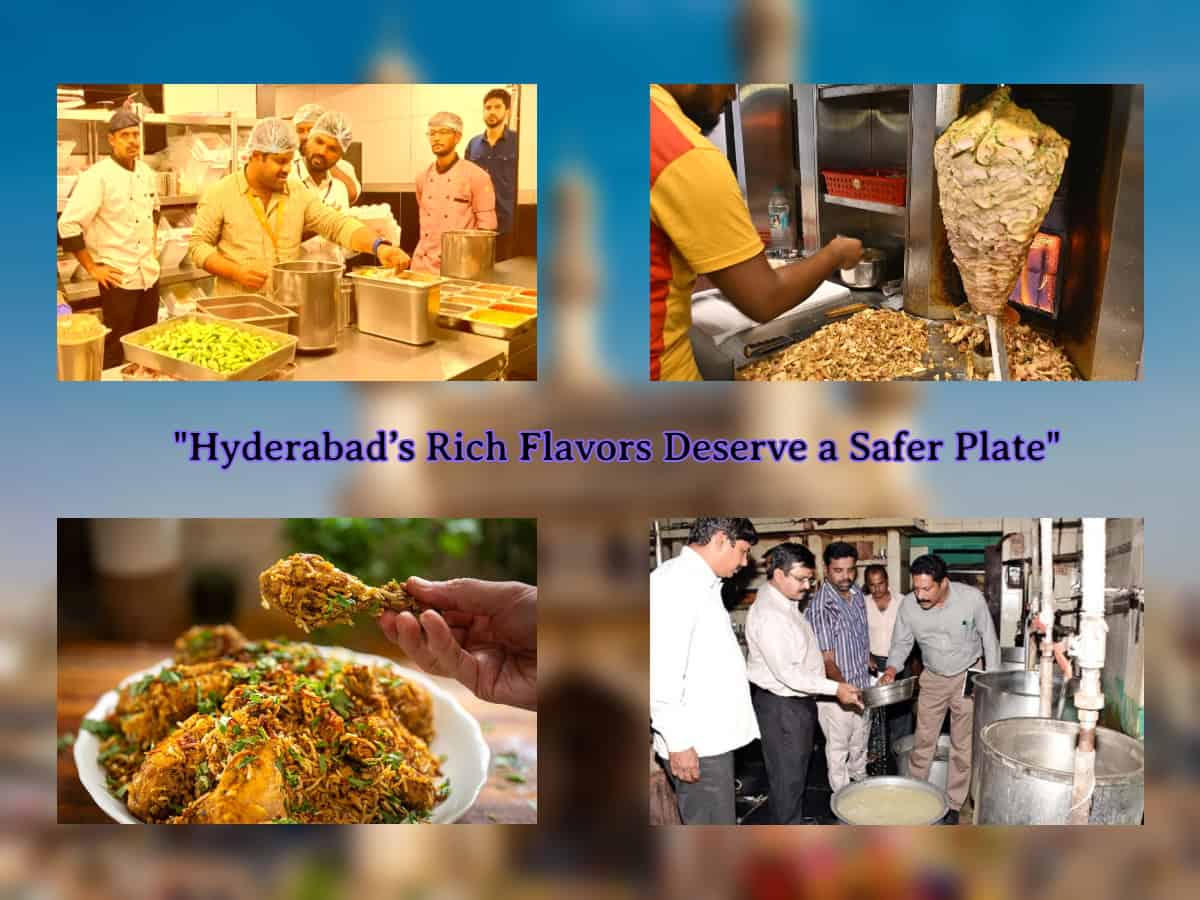After Charminar, food is the next thing that comes to mind when discussing Hyderabad. Celebrated as a culinary paradise, the city’s iconic biryanis, rich haleem, aromatic chai, and succulent kebabs have earned it a place in the hearts of food lovers worldwide. From the historic lanes of Old City to the upscale Banjara Hills, every area in the city drips with centuries-old traditions and flavors.
However, beneath this vibrant food culture lies a growing concern: food safety. In the past few months, the Food Safety Department of Telangana has been conducting impromptu inspections and raids on Hyderabadi eateries. Numerous reports of contaminated ingredients, improper storage practices, and unsanitary kitchens have left diners questioning the safety of their favorite food spots.
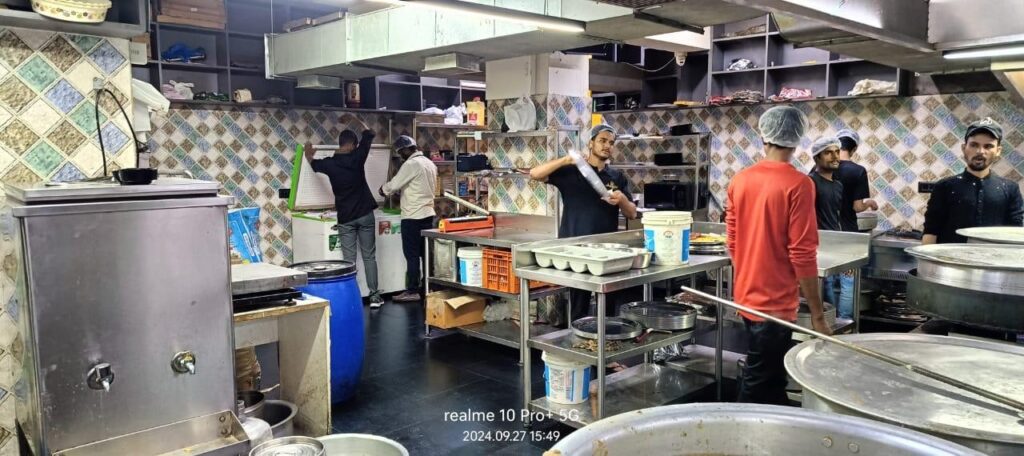
For a city that prides itself on its culinary heritage, these recent issues threaten more than public health—they risk jeopardizing Hyderabad’s food tourism and reputation as a food capital.
The growing concern
As Hyderabad’s culinary scene evolves, so does the spotlight on food safety.
According to popular food blogger Mohd Zubair Ali, hygiene standards across the city’s eateries are far from uniform. “High-end restaurants and reputed chains generally adhere to strict hygiene protocols. However, smaller eateries and roadside vendors often struggle with cleanliness due to a lack of resources or awareness. That said, some mid-tier establishments are now focusing more on hygiene, especially as customer expectations rise,” he tells Siasat.com.
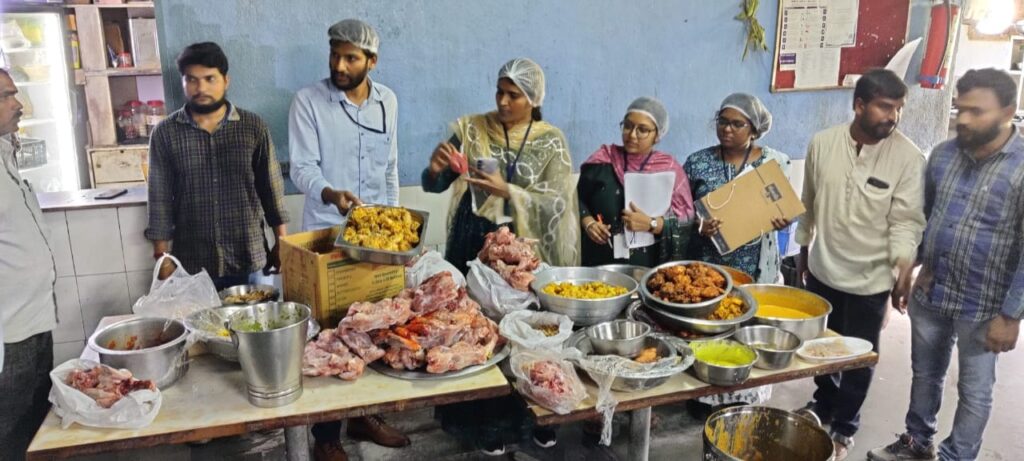
On the other hand, Mohammed Abdul Mohsi, owner of Pista House shares, “Long before the raids started, we made sure to follow the FSSAI guidelines in all our branches. From conducting medical tests for staff members who come in contact with food to offering first-hand training, we have prioritized food safety from the ground up.” Pista House, a trusted name in the city’s food scene, demonstrates that many restaurants have long been committed to maintaining hygiene and quality standards, even before the recent rise in inspections.
Despite these efforts by some, there is growing concern that food safety practices are not consistently followed across the board. Zubair notes that his followers are increasingly inquiring about cleanliness and hygiene, with posts addressing these concerns generating higher engagement. “People are also sharing their own experiences or concerns. Questions about whether a place is clean or follows hygiene standards are common, showing that consumers are becoming more cautious. It also encourages me to be more detailed and responsible in my reviews.”
Mohsi adds that more than the fear, consumers are more aware of food safety standards. “Our customers are now more aware than before and are demanding that we follow all the necessary food safety guidelines. It’s no longer just about temporary fear; it’s about ensuring that these practices are consistently followed,” he says.
Impact on Hyderabad’s legacy
Both agree that the reports of subpar food safety in eateries can harm Hyderabad’s legacy.
Zubair stresses that food safety issues could deter tourists and food enthusiasts, which could affect Hyderabad’s standing as a food capital. “Hyderabad is known for its diverse and unique food offerings, but if hygiene standards aren’t maintained, it risks losing its appeal to locals and tourists alike. Food safety is now an integral part of the experience,” he warns.
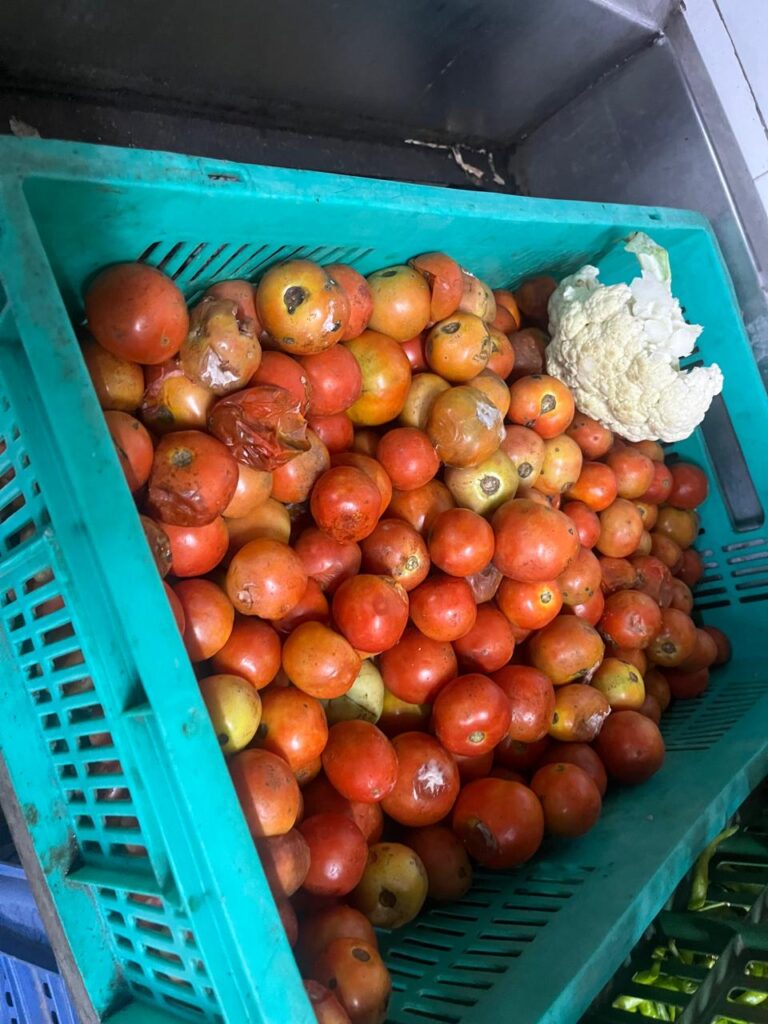
Mohsi agrees but adds that while food safety is crucial, big-name brands are less likely to be heavily impacted by negative reports. “Big brands are built on years of trust, so it takes much more than a few isolated incidents to tarnish their reputation. The reality is that sometimes, negative reports don’t mean the restaurants are doing it on purpose,” Mohsi explains.
He stresses that there are often challenges in managing certain ingredients, especially perishable ones, which can spoil quickly. “For example, there are ingredients that deteriorate quickly, and these can affect the quality and hygiene standards of a restaurant. This doesn’t mean restaurants are neglecting their responsibilities—it’s simply a result of the challenges inherent in handling certain foods,” he adds.
Ensuring Hyderabad’s future as a foodie paradise
To secure Hyderabad’s place as a top culinary destination, addressing food safety concerns is essential. Experts agree that collaborative efforts between restaurants and the government are key to preserving its reputation.
Zubair explains that impromptu raids are necessary to ensure food safety compliance, but they can sometimes harm a restaurant’s reputation. “A more balanced approach from the department is important. Initial warnings and educational support could help establishments improve without feeling targeted. Workshops, checklists, and certification programs would also motivate owners to maintain high hygiene standards. Food bloggers too play a vital role in educating consumers and restaurant owners about hygiene, setting expectations, and advocating for safer dining experiences by highlighting both good and bad practices,” he says.
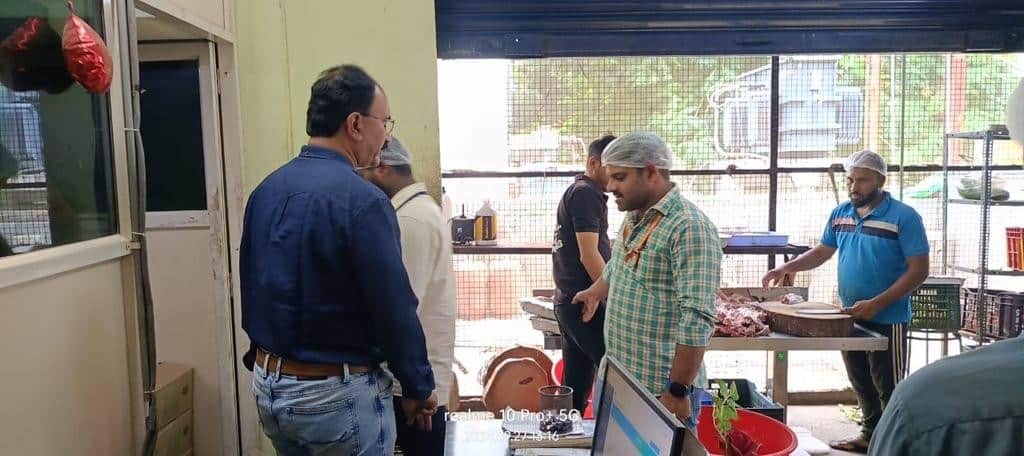
Agreeing, Mohsi also adds that the primary responsibility lies with restaurant owners themselves. “No restaurant owner is in the business solely for the money. While that is a factor, all business owners, including myself, want our food to be praised for its quality and taste,” he explains, emphasizing that the commitment to maintaining high hygiene standards goes hand-in-hand with the desire to deliver top-quality food. “It is the responsibility of eateries first to prioritize hygiene and adopt best practices to ensure the safety of their customers. Then comes the department’s role to educate and inform restaurant owners” he says.

